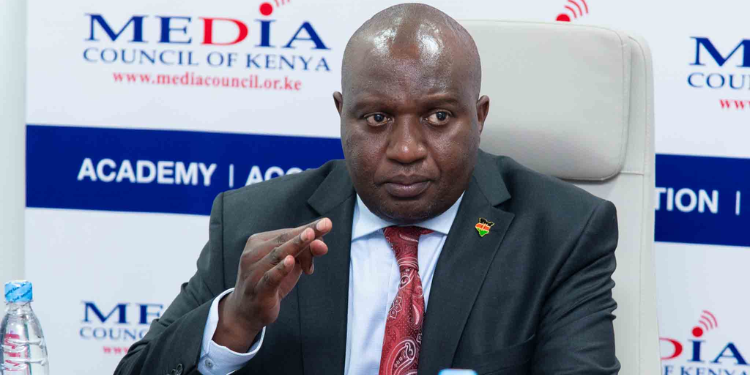The Media Council of Kenya (MCK) is seeking Ksh1.5 billion to develop an artificial intelligence-powered media monitoring system.
This is to address the growing concern over ethical violations and the financial instability of the country’s media industry.
The proposal, presented to the National Assembly’s Committee on Communication, Information and Innovation, aims to upgrade the council’s oversight infrastructure to monitor and regulate 250 television stations.
“The proposed changes, already submitted to the Ministry of ICT and the Digital Economy, will clarify the Council’s functions and bolster its regulatory authority,” said David Omwoyo, the council’s chief executive officer.
Status of Media in the Country
Omwoyo informed lawmakers that the Council currently operates six regional media hubs in Malindi, Mombasa, Busia, Kisumu, Eldoret, and Kisii, supporting over 2,900 accredited journalists.
In total, 9,023 journalists have been accredited, and 84 media violation cases documented, he said.
Also Read: KCAA Issues Exam Booking Update After Suspension
“This critical gap necessitates an urgent and strategic investment in an advanced media monitoring system capable of comprehensive and real-time coverage to ensure no licensed entity operates outside our ethical oversight,” Omwoyo added.
Omwoyo also warned of deteriorating conditions in the media industry, stating that 90 percent of outlets are unable to pay salaries, with some struggling to cover basic operational costs such as electricity bills.
MCK on Accreditation of Vernacular Stations
He also pointed out the presence of many vernacular stations for a single community, attributing this to political reasons.
“We overcrowded the market because of excitement and political reasons. We rolled out the licensing without a clear policy in place. We have a lot of clearing to do,” he said, pointing to one community where 42 vernacular TV stations serve just nine clans.
“In this place, there are more TV stations than the number of clans. It’s like each clan wants its own station,” Omwoyo said.
Committee members expressed support for the proposal but urged the Council to leverage local innovation in developing the system.
Also Read: TSC Permanently Deregisters 15 Kenyan Teachers With Immediate Effect [LIST]
“We offer to ensure ethical journalism through practical legislative support. We also urge the Council to tap into local innovation for the proposed media monitoring system. Kenya has young talent capable of building these solutions,” he said.
Role of the MCK
- Promoting and protecting the freedom and independence of the media.
- Prescribing standards for journalists, media practitioners, and media enterprises.
- Ensuring the protection of the rights and privileges of journalists in the performance of their duties.
- Regulating media and the conduct and discipline of journalists in Kenya.
- Enhancing ethical and professional standards among journalists and media enterprises.
- Providing accreditation services.
Follow our WhatsApp Channel and X Account for real-time news updates.
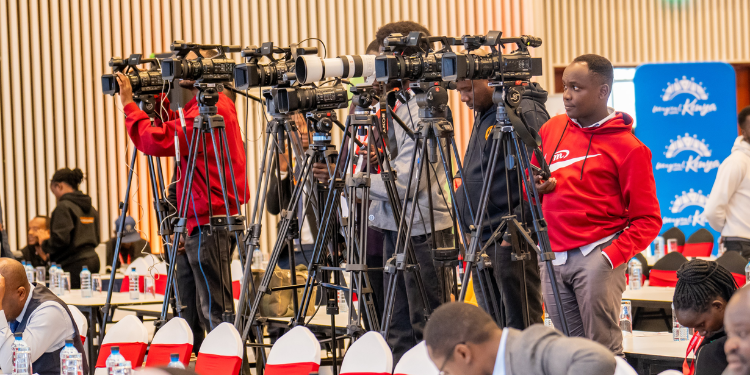


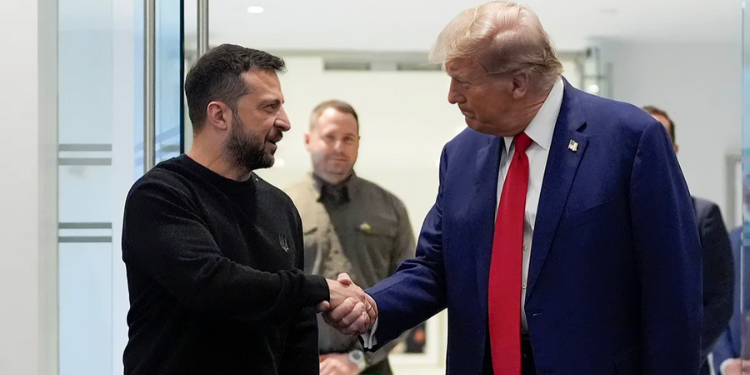

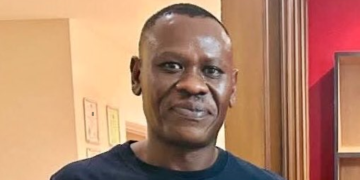
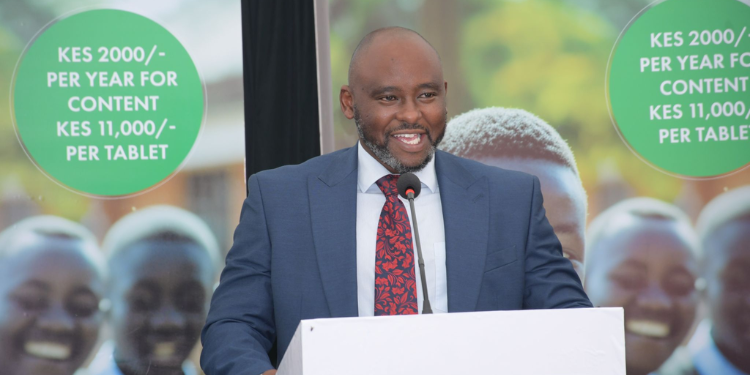










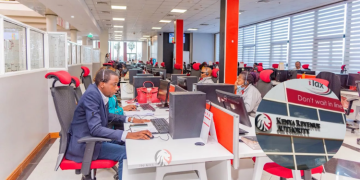
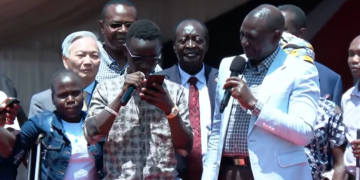

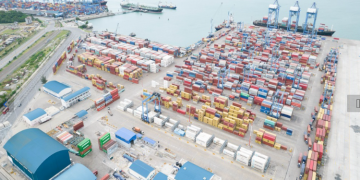
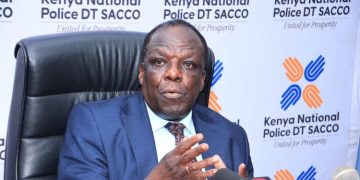
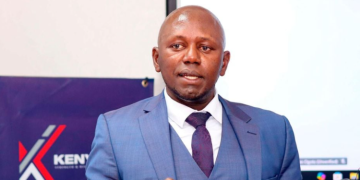
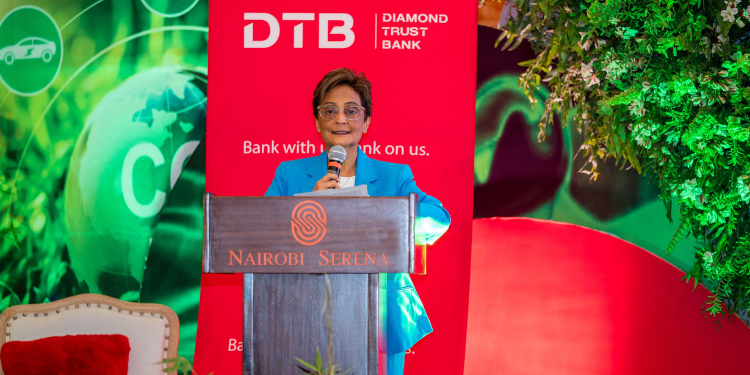




























![Senator Allan Chesang And Chanelle Kittony Wed In A Colourful Ceremony [Photos] Trans Nzoia Senator Allan Chesang With Channelle Kittony/Oscar Sudi]( https://thekenyatimescdn-ese7d3e7ghdnbfa9.z01.azurefd.net/prodimages/uploads/2025/11/Trans-Nzoia-Senator-Allan-Chesang-with-Channelle-KittonyOscar-Sudi-360x180.png)



















